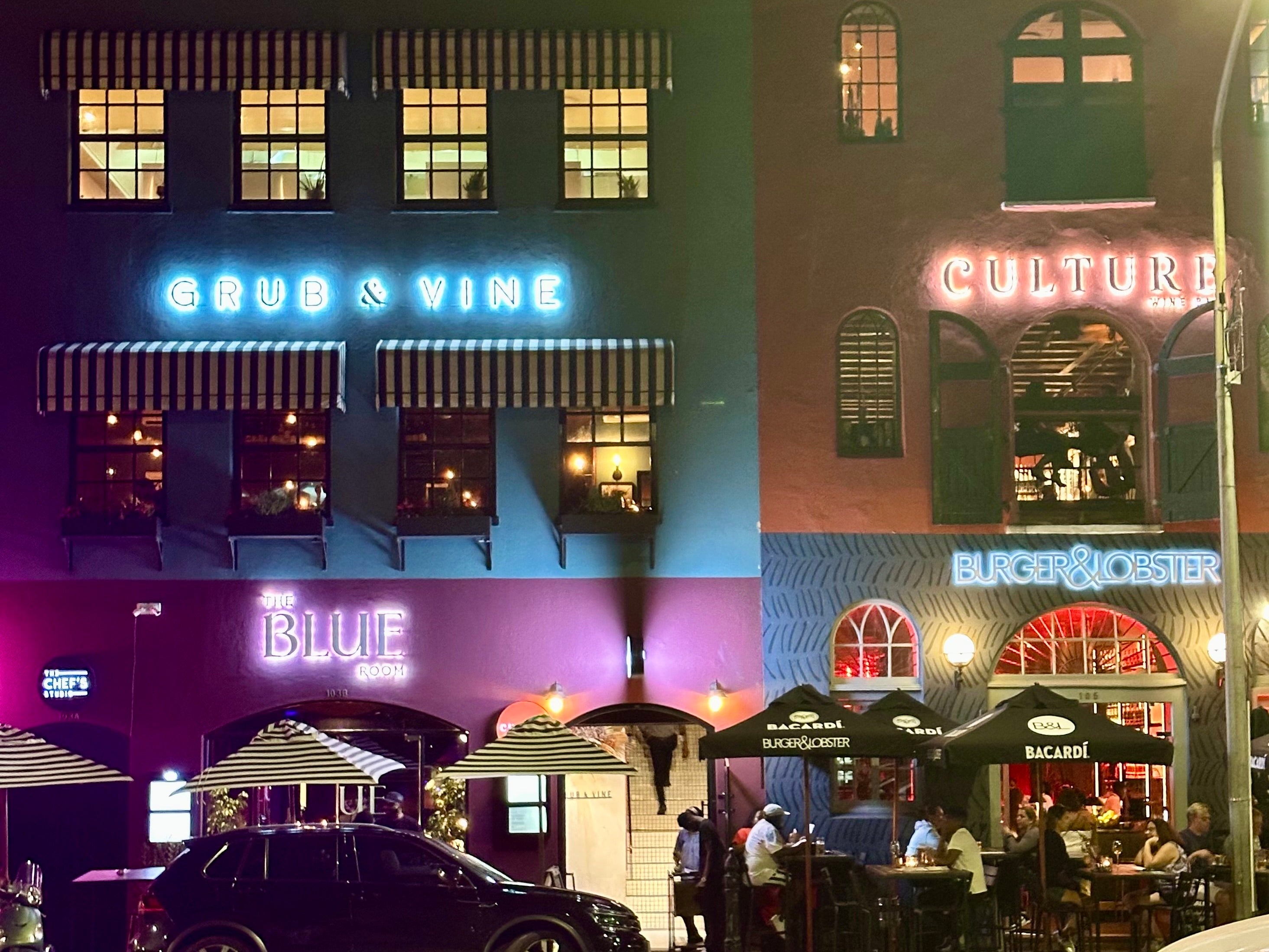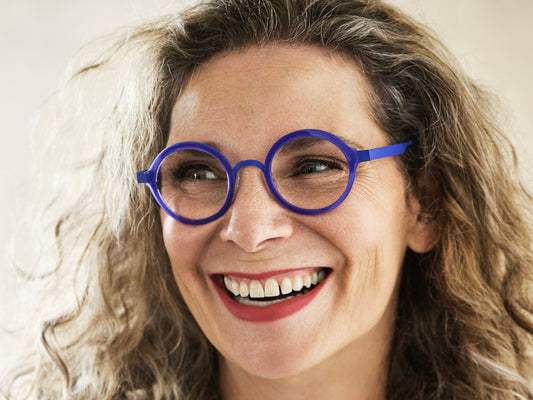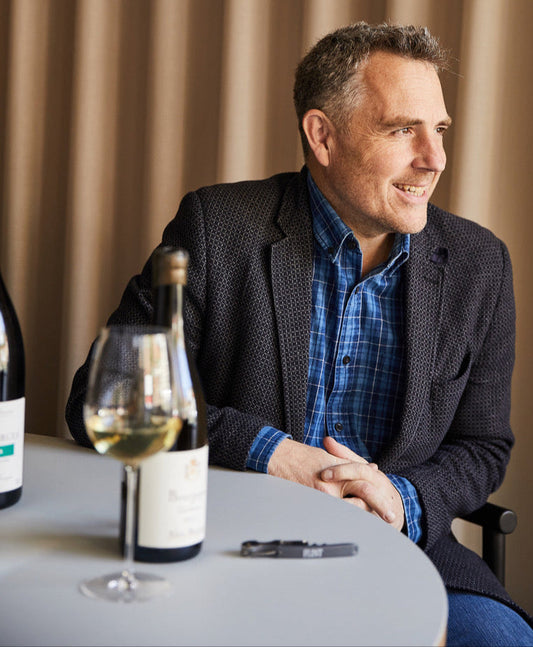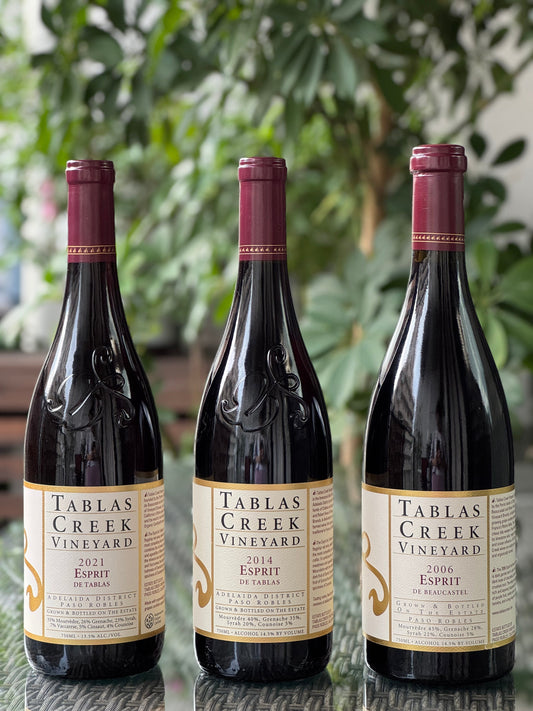There’s been an explosion in Cape Town’s wine bars and tasting rooms over the last five years. It’s a trajectory that reflects the restaurant renaissance in South Africa’s Mother City.
Wine bars in Cape Town weren’t really a thing until recently. Most of the region’s wine was drunk by tourists and locals in the wineries, which are all within driving distance. But now, just like the restaurant scene, wine bar culture in Cape Town has proved itself to be innovative, creative and providing quality and value for money.
Before my most recent trip, I was worried about what the food and wine scene would be like post-Covid, and after the liquor ban that had crippled the hospitality scene here.
During South Africa’s two national lockdowns the sale and consumption of alcoholic beverages was prohibited. But the country is resilient. Although 33% of South African restaurants closed between 2019 and 2020, 300 restaurants have opened in the Cape in the last 12 months.
Similarly, according to the wine bible Platter’s Wine Guide, while wine consumption has been on a downward path for half a decade nearly everywhere else in the world, in 2022 not only had local consumption recovered to pre-Covid (and pre-liquor ban) times, but more wine was drunk than ever before.
Why this sudden change? According to local restaurateurs, chefs and wine bar owners, this wasn’t an overnight phenomenon but a culmination of social, economic and political factors over the last 15 years.
Julia Hattingh, chef and founder of Reverie Social Table, Cape Town’s first supper club, reported that back in 2006 there were only five culinary institutions in the city that offered training as a chef, but this changed thanks to Cape Town hosting the Football World Cup in 2010.
This encouraged locals to offer food and drinking experiences on an international level with all kinds of gastronomic genres and offerings. It was a success, and due to this newfound confidence, it meant that during the ensuing curveballs from droughts, prohibition and Covid, two major trends emerged.
First, many chefs left well-known institutions to set up their own businesses. These new ventures would often have to rely on other revenue streams and be flexible enough to evolve with the changing times.
Then the pandemic forced restaurants needing outlets for their wine sales to set up wine bars or tasting rooms. A second factor was that, throughout all the challenges, collaboration between wineries and urban wine outposts grew deeper. Nic Fynn, manager of restaurant group Cove Collection, says that the pandemic actually encouraged casual food and wine offerings as, in the aftermath, people wanted new experiences and many young people today aren’t into fine dining.
Wine bars and tasting rooms are a perfect option. The fact that the dollar and even the pound are so strong against the rand is an additional incentive for tourists. Cape Town’s wine bar scene is so new, venues can adopt their own theme, taking inspiration from various international city examples but putting a South African spin on it.

Matthew Freemantle of Leo's wine bar
One evening, I enjoyed a Grillo from the renowned winemaker Eben Sadie at Leo’s, which by day is a bagel shop and by night serves 15 to 20 natural wines to hipsters at outdoor tables. At Publik, over 100 local wines by smaller, artisan producers are on offer served with tapas like pulled pork bao. Open Wine is a buzzy hybrid of wine bar and tasting room which offers over 200 local wines by the glass.
The popular Culture Wine Bar epitomizes the creative gastronomic vibe of Cape Town. It was set up in October 2020 by British-born and -trained chef Matt Manning, the vinous offspring of his renowned restaurant Grub & Vine, itself an offshoot of his cooking studio sessions.

Matt Manning of Culture Wine Bar and Amelia Singer
All these businesses are located in one building on bustling Bree Street. There is even a wine and jazz bar on the ground floor which focuses on local musicians and gives another outlet to the wine and food from Manning’s other businesses. He’s also started a membership programme inspired by London’s 67 Pall Mall, complete with storage for members’ bottles
If Culture Wine Bar shows how essential a versatile business model is, it also reflects how people’s perceptions of South African wine are changing. In Culture’s second year Manning began expanding the wine list to include top French, European and other New World alternatives – everything from a Tasmanian sparkling to a stellar Loire from Nicolas Reau.
‘I had to put South African wine on the same platform as other famous regions,’ he told me.
Manning’s sommelier team shows how South Africa is forging ahead in terms of education of wine professionals. Tadiswa Chikwanha, who started two years ago as a junior waiter, has just won the Best Sommelier of Zimbabwe. Culture’s wine bar manager, Sharrol Klaas, was the first African to receive a bursary with the Gérard Basset Foundation. ‘The culture of wine drinking is about the community it creates, and it doesn’t matter who you are. If you love wine this is the place for you.’

Tadiswa Chikwanha, Sommelier at Culture Wine Bar
Manning’s success is proof that its inclusive and innovative philosophy works. He has just opened another Culture Wine Bar in nearby Constantia as well as a pop-up at the Time Out food market on the Cape Town waterfront.
At a time when hospitality across the world is facing enormous challenges, Cape Town is an example of what can be achieved in adverse times, and the creative wine outlets serving vibrant wider communities which come as a result.
Amelia Singer is an award-winning wine communicator and educator, wine guru on Jamie Oliver’s Drink Tube Channel, TV presenter on The Wine Show, previous wine writer for Waitrose Food magazine and Founder of Amelia’s Wine – an event and media business which offers a range of original and fun wine experiences and content. You can follow her on Instagram @amelias_wine




